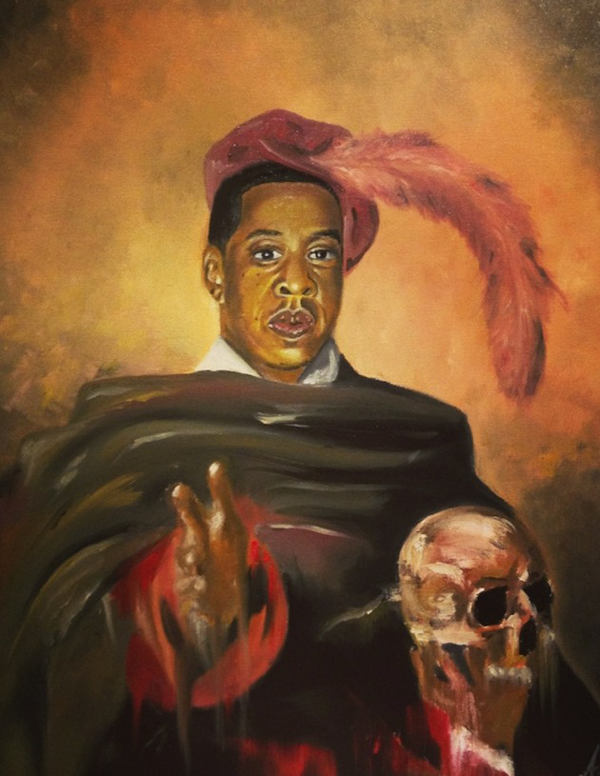In the realm of music and culture, the world of hip-hop has often been celebrated for its lyrical ability to reflect the reality of the streets. But beyond the beats and the rhymes, a fascinating question emerges: Are rappers modern-day philosophers? Do their lyrics, often filled with insights, commentary on society, and personal reflections, offer a form of wisdom like that found in the works of classical philosophers?
Hip-hop is a genre born out of the marginalized neighborhoods of the Bronx, New York City, in the 1970s. It quickly evolved into a cultural movement that encompasses music, dance, art, and a distinctive way of life. Central to hip-hop’s appeal is its lyrical storytelling, which often tackles issues such as inequality, racism, poverty, and the struggles of everyday life. At its core, hip-hop provides a platform for artists to express their thoughts, emotions, and experiences. In doing so, they often touch upon profound philosophical themes such as identity, justice, freedom, and the pursuit of happiness. In this sense, hip-hop can be viewed as a contemporary form of philosophical discourse.
Rappers, much like philosophers, use their work to engage in a critical examination of society and the human condition. Rapper Kendrick Lamar’s introspective lyrics in songs like “Alright” and “Sing About Me, I’m Dying of Thirst” explore themes of self-identity, vulnerability, and the search for authenticity, much like existentialist philosophers like Jean-Paul Sartre and Albert Camus. The craft of rapper Lucki covers topics like happiness, and how it is the only thing that has intrinsic value, sharing similar values like utilitarian philosophers Jeremy Bentham and John Stuart Mill. Jay-Z’s tracks often touch on complex moral dilemmas, such as his song “99 Problems,” which can be seen as a modern take on philosophical thought experiments like the trolley problem. The works of rappers like Tupac Shakur and Public Enemy offer powerful critiques of racial injustice, police brutality, and systemic inequality, echoing the concerns of political philosophers like John Locke and Karl Marx. Rappers like The Notorious B.I.G, RZA, Nas, Lauryn Hill, Common, KRS-One, Kanye, Lil Wayne, J. Cole, and Lil Simz are some notable rappers who explore various philosophical and thought-provoking ideas in their music.
One of the most significant parallels between rappers and philosophers lies in their storytelling abilities. Just as philosophers used allegories, parables, and thought experiments to convey their ideas, rappers used storytelling to communicate their messages. These narratives often serve as reflections on the human experience.
While rappers are not formally trained philosophers and their primary medium is music, it is evident that their lyrics often delve into deep philosophical themes. They offer insights into the human condition, critique societal injustices, and explore the complexities of personal identity. In this sense, they can be seen as modern-day philosophers, using their art to engage in philosophical discourse and to provoke thought and discussion.
However, it’s essential to recognize that their style and approach differ significantly from traditional philosophical discourse. Philosophers rely on formal academic structures and written texts, while rappers communicate through music, which prioritizes artistic expression and entertainment. Therefore, while rappers may be contemporary philosophers in a metaphorical sense, they occupy a unique and distinct role in our cultural landscape, one that continues to provide valuable perspectives and wisdom to a diverse and global audience.
